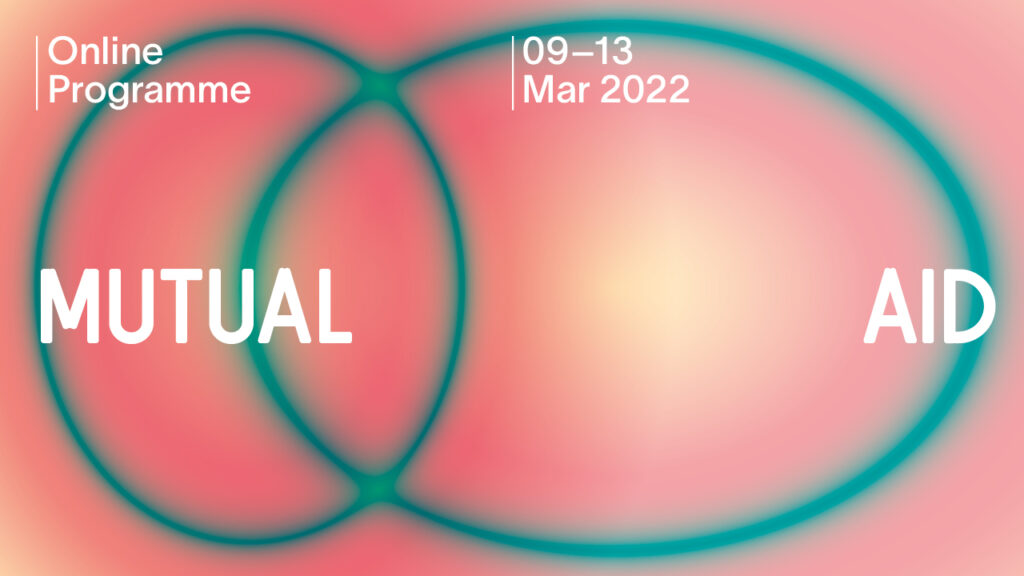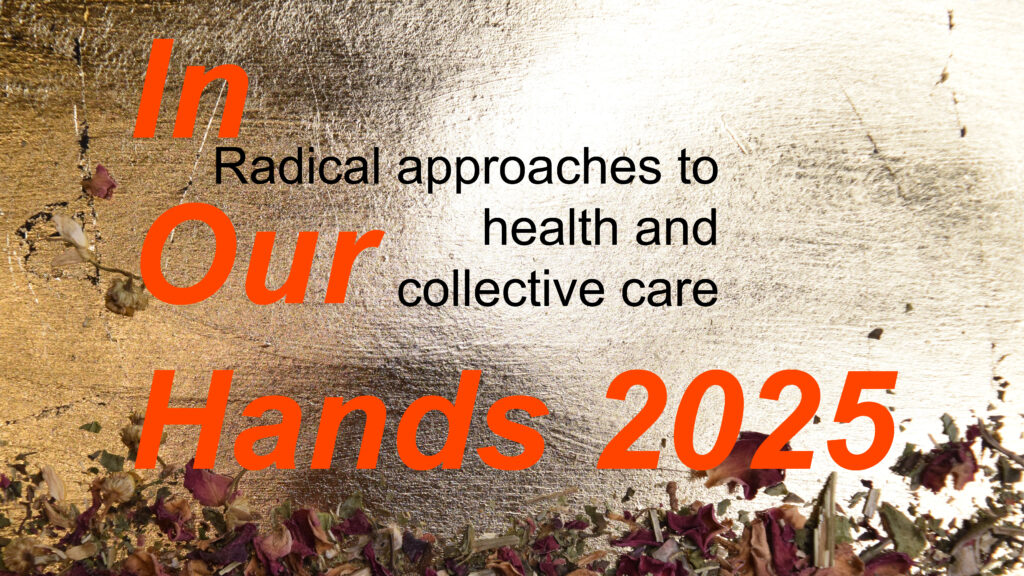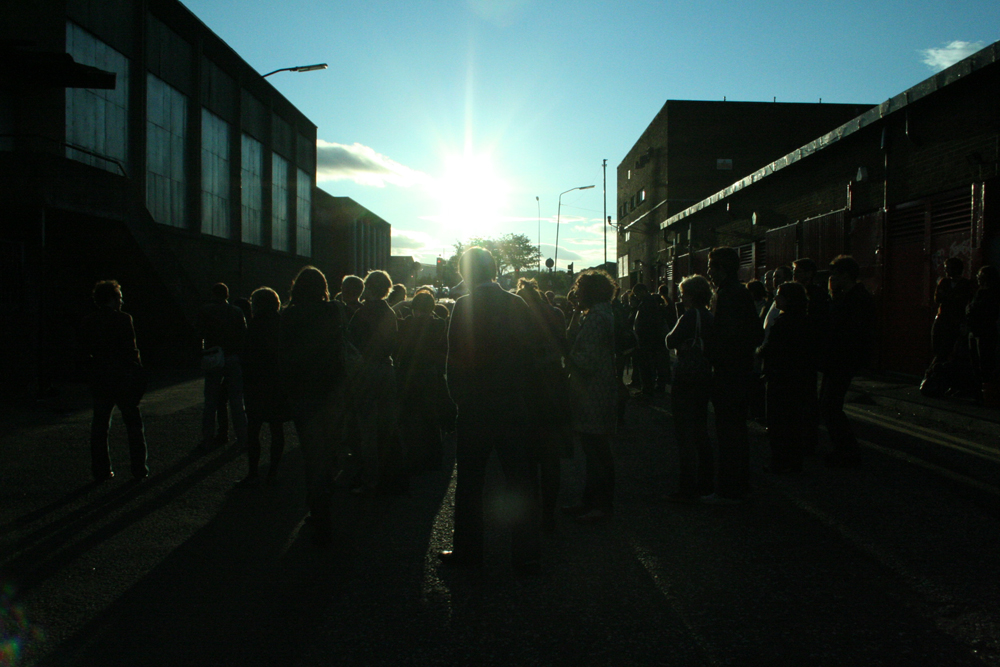Stalled at Universal – FRU
Fordell Research Unit
Edinburgh. Beer and smoke befuddled drone/ deadly efforts by Pjorn72 kingpin.
Arika have been creating events since 2001. The Archive is space to share the documentation of our work, over 600 events from the past 20 years. Browse the archive by event, artists and collections, explore using theme pairs, or use the index for a comprehensive overview.
Edinburgh. Beer and smoke befuddled drone/ deadly efforts by Pjorn72 kingpin.

4 days of workshops, discussions and artists presentations exploring the radical act of caring for each other while working to change the world.
Take a break and/ or hang in an Open Meet Up in IRL and URL

An open conversation around the history and practices of the Ueinzz Theatre Company – a radical Brazilian schizoscenic theatre company of carers, so-called psychotic patients and philosophers.

Opening with one of the most memorable shots ever filmed, and screened a year after the initial successes of the 2011 Egyptian revolution, Too Soon, Too Late is a search for the traces left on the landscape of past revolutions in France and Egypt.

Argument is a provocative, multi-layered film essay, a trenchant analysis of the media and remains a critically relevant and critically inflammatory tract.

How can we imagine bodies not as an end in themselves, but as a medium through which we can become one another’s means?

In Our Hands is a nine week programme of workshops exploring radical approaches to health and collective care in the movement for liberation and social justice.

Three short performances involving social exchange (jumpers, hats, glasses…) and singing (ballads)

Location: Around and about the old public library in Easterhouse; disinvested in and left to rot by the council but which was shamelessly, hastily and superficially cleaned by them in expectation of our event.

With Taku we’ll carry out some simple proposals for doing almost nothing, for re-thinking sound with whatever comes to hand.

“Mackey composes realist-mythic layering of lyrical prose unlike anything being written today.” — New York Times. “Our greatest living epic poet…Mackey’s poetry and criticism have reinvented modernism for our time.”— LitHub